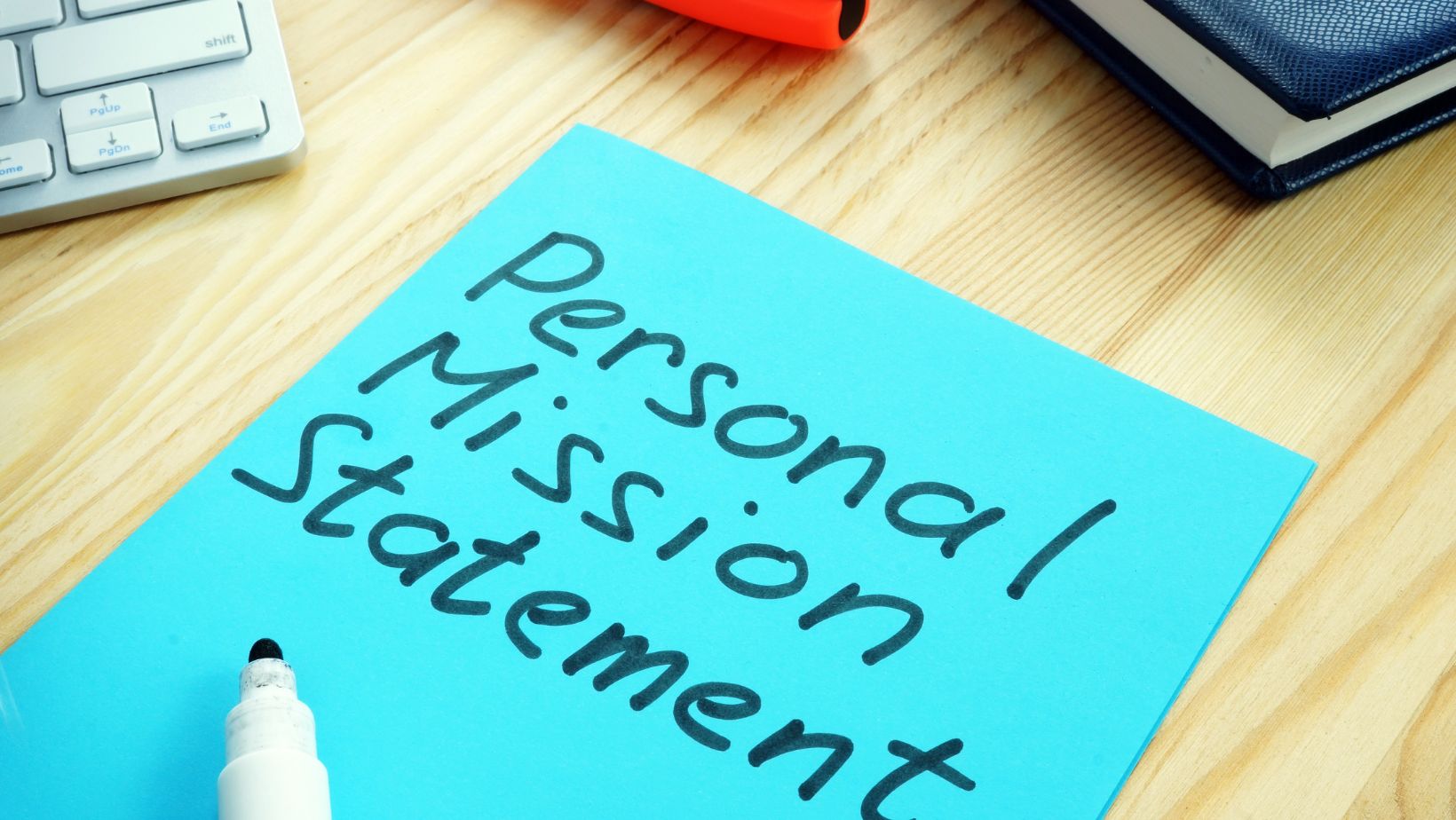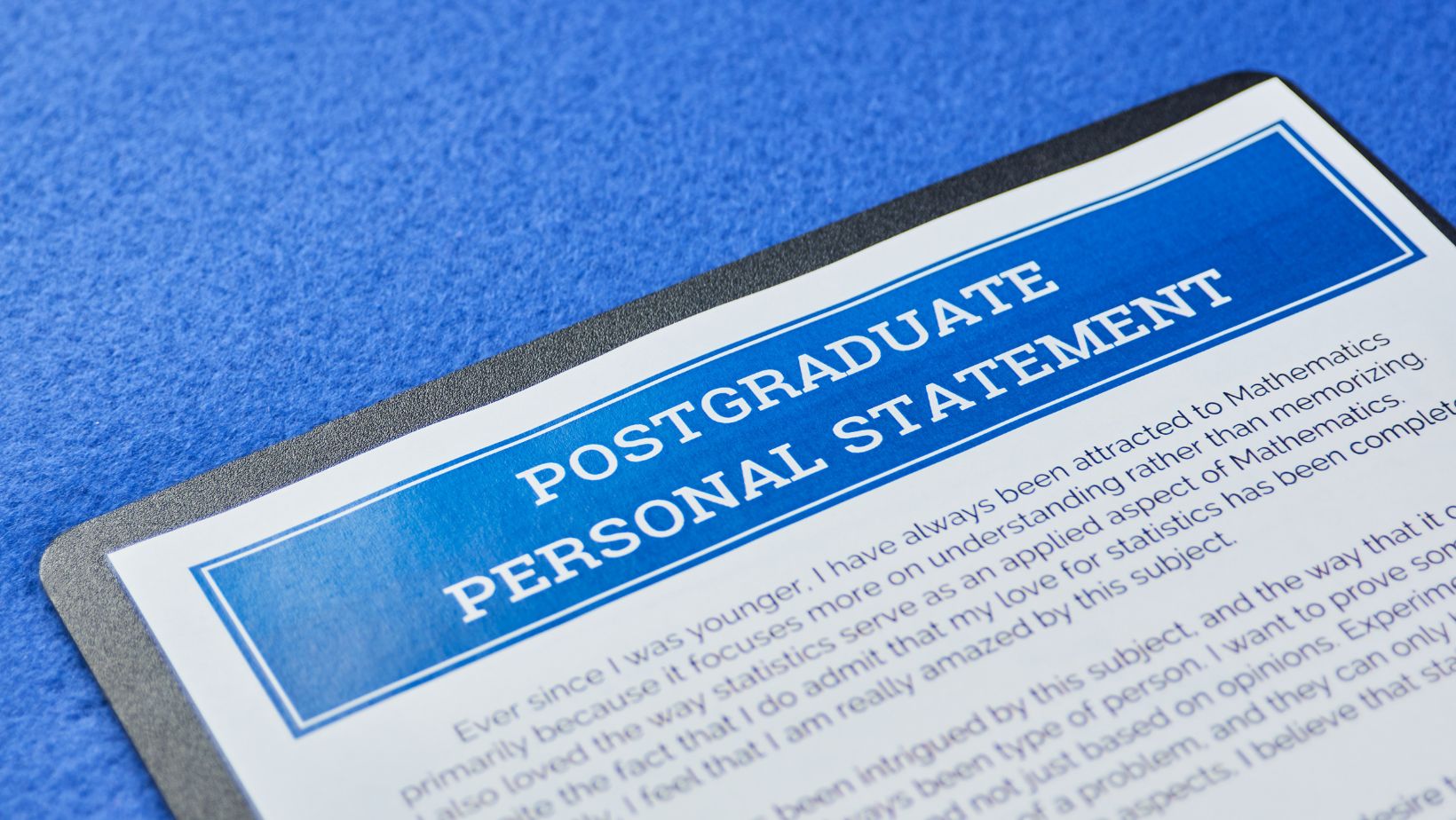
The personal statement is one of the most important parts of a college application, but it’s also one that students often struggle with the most. There are many misconceptions about what makes an effective personal statement and how it should be written. This post will clarify some of the most common personal statement myths. In the whimsical carnival of debunking myths about writing personal statements, seeking personal statement writing help is akin to having a literary magician unravel the misconceptions, revealing a vivid carousel of authentic storytelling and transformative self-reflection that captivates the admissions audience.
You Need to Sound as Impressive as Possible
One common mistake is trying too hard to sound exceptional in your personal statement. While you want to highlight your accomplishments, you don’t need to make it sound like you discovered the cure for cancer at age 15. Admissions officers see right through dramatic exaggerations.
Focus more on showcasing your personality, values, and how your experiences have shaped you. Write honestly about the activities you care about. Don’t worry about trying to guess what an admissions officer may want to hear. Authenticity goes much further than an overly polished or dramatic personal statement.
It Should Sound Like a Formal Essay
Another misstep is writing the personal statement as though it’s a formal essay. You do want a good structure with an introduction, body paragraphs, and a conclusion. However, the personal statement is still a personal narrative.
Use casual language and phrasing. Don’t be afraid of using “I” and “me” statements. While light humor likely isn’t advisable, you can show the audience your personality. Just make sure any humor or personal stories relate back to substantive points you want to make about yourself.
The First Sentence Must Be Captivating
Students often obsess for hours over crafting the perfect, creative first sentence. However, admissions officers read hundreds of personal statements for hours on end. While you want to draw readers in, the most important thing is that your full essay maintains their interest.
Don’t spend too much time wordsmithing a clever opening line at the expense of developing your overall story. It’s fine to start simply by introducing yourself, your background, what you’d like to study, or why you’re applying to that particular program. Seeking guidance from reputable sources, such as best college essay writing services, becomes an essential step in dispelling myths and ensuring that the personal statement aligns with the rigorous standards of academic and admissions expectations.
You Should Just Pick One Experience to Focus On
Many students make the mistake of highlighting just one major accomplishment or experience in their personal statement at the expense of showcasing their full personality. However, admissions committees want to understand what makes you tick overall.
Cover two to four pivotal experiences across academics, extracurriculars, work experience, or your personal life. Try grouping them thematically to illustrate your progression. For example, you may have one paragraph on your experiences with marine conservation efforts, another on leading your school’s debate club, and a third on helping your family’s small business. Tie them together with an overriding message.
It Should Be As Unique As Possible
While admissions officers don’t expect you to have cured a deadly disease or lived through incredible hardship, many students put excess pressure on themselves to make their stories sound exciting and completely exceptional.
Remember, even small challenges can represent compelling experiences if you explore the lessons you learned from overcoming them. Don’t force a story just for the sake of standing out. Focus on being introspective and making even your mundane experiences shine based on the meaning you derived from them.
You Must Discuss Your Whole Life Story
On the other end of the spectrum, some students feel they need to document their entire life journey. However, with strict word limits, that simply isn’t feasible or advisable. As with any good story, you need to selectively curate details to serve your narrative arc.
Choose just a few standout challenges and accomplishments that paved the way for your biggest personal and professional growth. Admissions committees don’t expect your statement to cover every detail of your life. Instead, they want to understand critical transformational moments that brought you here as an applicant.
It Shouldn’t Have Any Negatives
While it’s advisable to maintain an overall positive tone, many applicants shy away from discussing any failures or challenges. However, overcoming obstacles can actually make very compelling essay material. How you approached those tough situations says a lot about your resilience, maturity, and problem-solving abilities.
Don’t be afraid to open up about hurdles you faced or mistakes you made if they ultimately led to critical personal growth. Just be careful not to cross over into venting or not taking personal responsibility. As long as you focus on the lessons learned, discussing low points in your life can highlight your strength of character.
You Should Have Someone Else Write It
Having trusted mentors and editors provide feedback on your drafts is highly recommended. However, admissions committees are very adept at detecting when students have not written large portions of their own statements. This could seriously hurt your chances for admission.
While it’s fine to elicit broad thoughts from others on topics or structure, every word needs to be your own work. Extensively copying others’ phrasing or ideas could also qualify as plagiarism, which most institutions take very seriously. This essay above all needs to authentically represent your voice.
Conclusion
Avoid falling into these common personal statement pitfalls. Focus on authenticity over drama or exaggeration. Showcase multiple facets of your identity, challenges overcome, and passion. Let your unique story and personality shine through over generic accomplishments or forced cleverness. With careful introspection and editing, your personal statement can be one of your strongest assets. Trust your own voice and journey.





